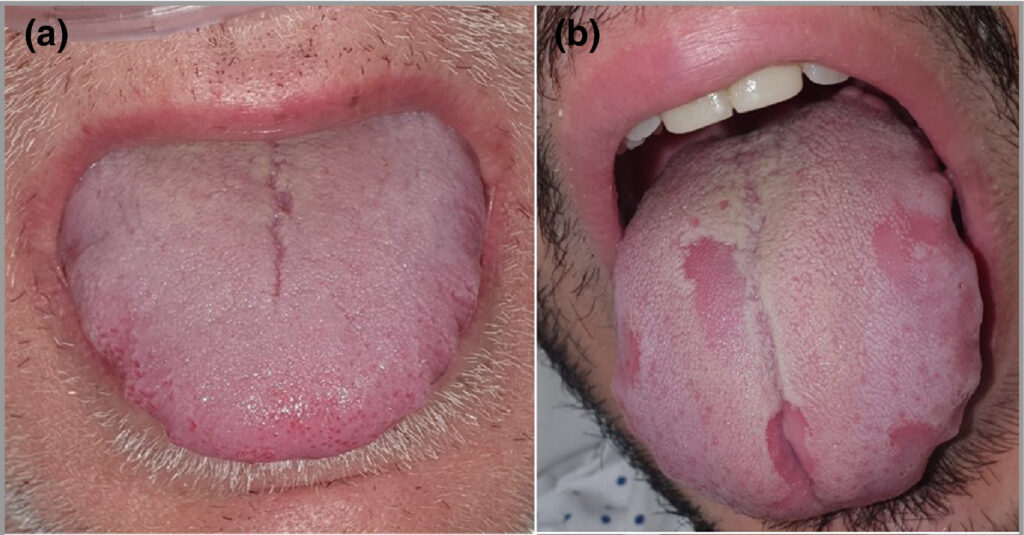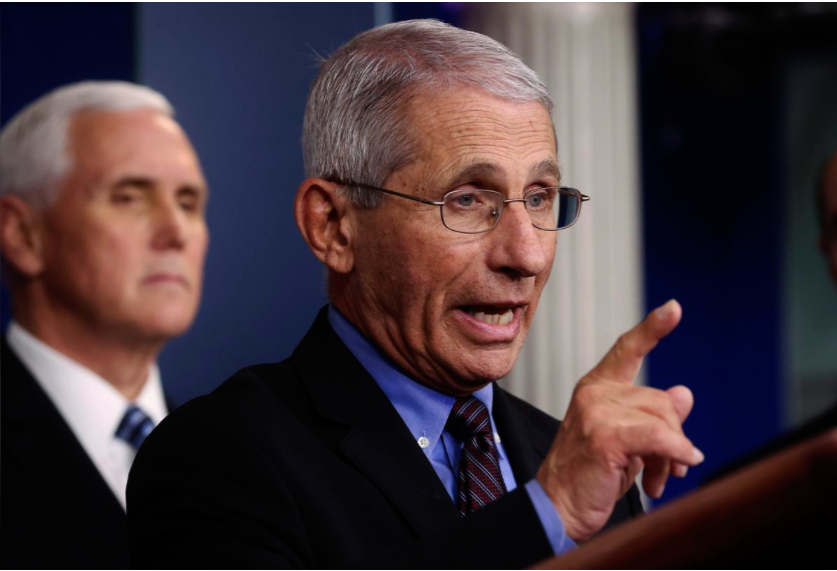COMMUNITY — With cases of the mutated COVID-19 variant accelerating throughout the country, studies have shown that the Pfizer vaccine is effective.
Nearly 20 cases of the mutated variant have been found in Michigan alone, but a laboratory study by Pfizer shows that the new variants of COVID-19 had only a small impact on the effectiveness of the antibodies generated by the vaccine, making the antibodies only slightly less effective.
The study only tested a subset of mutations in the variants, not the variants themselves.
Pfizer said the “findings do not indicate the need for a new vaccine to address the emerging variants”, adding that it and BioNTech are prepared to respond to a vaccine-resistant mutation of the coronavirus.
It’s less likely that a child will get infected in a school setting than if they were just in the community — Dr. Anthony Fauci
Moderna also announced that its vaccine is effective against the new variants.
While the demand for the vaccine in Michigan remains higher than the supply, frontline workers remain the priority when scheduling vaccines.
At present, Wayne County COVID-19 Strategist Dr. Mouhanad Hammami said, there are no troubling vaccine side effects present in recipients residing in the county. All patients are monitored for at least 15 minutes and those with allergies are monitored for 30 minutes after receiving the vaccine.
New symptoms
With more and more people getting vaccinated, reports of another strange COVID-19 symptom have been released.
Loss of taste and smell, “COVID toes” and unusual skin rashes have all become official symptoms of the virus, but now researchers are saying to be on the lookout for “COVID tongue.”
According to a letter published in the British Journal of Dermatology, a significant number of patients have been experiencing bumps, inflammation and swelling on their tongues.
The letter analyzed data from more than 600 patients at a temporary field hospital in Spain and noted that more than 45 percent of the patients had some form of mucocutaneous symptoms, and more than 25 percent had the symptoms in their mouths.
It was also common for patients to have redness, swelling, inflammation, burning sensations and bumps on their tongues, along with the loss of taste.

The letter even includes photos, so you can see close-ups of (a) a swollen COVID tongue and (b) a patchy, bumpy COVID tongue. Photo: British Journal of Dermatology
COVID tongue has been widely unreported as patients are required to wear masks.
“Many physicians focus on the heart, lungs and abdomen,” said Dr. Thomas Russo, chief of infectious disease at the University of Buffalo in New York. “In the age of COVID-19, they pass on examining the mouth even more because it can increase their risk of getting infected. This has probably been missed in a lot of individuals.”
Russo also said that having mucocutaneous manifestations are not a sure sign of COVID as this can be caused by a number of other viruses.
“All of these oral and mucocutaneous manifestations tend to be nonspecific,” he said. “While tongue symptoms could increase your suspicion for coronavirus infection, it’s likely that other symptoms would trigger that diagnostic pathway.”
Dr. Fauci backs the CDC on reopening schools
National Institute of Allergy and Infectious Diseases Director Dr. Anthony Fauci said he supports the CDC’s recent recommendations on reopening schools.

National Institute of Allergy and Infectious Disease Director Dr. Anthony Fauci answers a question during the daily coronavirus task force briefing at the White House. Photo: Reuters
“I would back the CDC because that is really based on data,” he said. “It’s less likely that a child will get infected in a school setting than if they were just in the community.”
Fauci also said that President Biden’s goal is to have grades K-Eight back in school within 100 days.
While Gov. Whitmer has encouraged schools in Michigan to reopen by March 1, it will be up to the local school districts to make the determination.
Dearborn Public Schools and the Dearborn Heights Crestwood School District are both working to develop hybrid learning plans to present to their boards of education to potentially bring their districts back to in-person learning by the beginning of March.
Teachers in Wayne County remain in line to receive the vaccine, but have to await word from their districts on when that will happen.






Leave a Reply